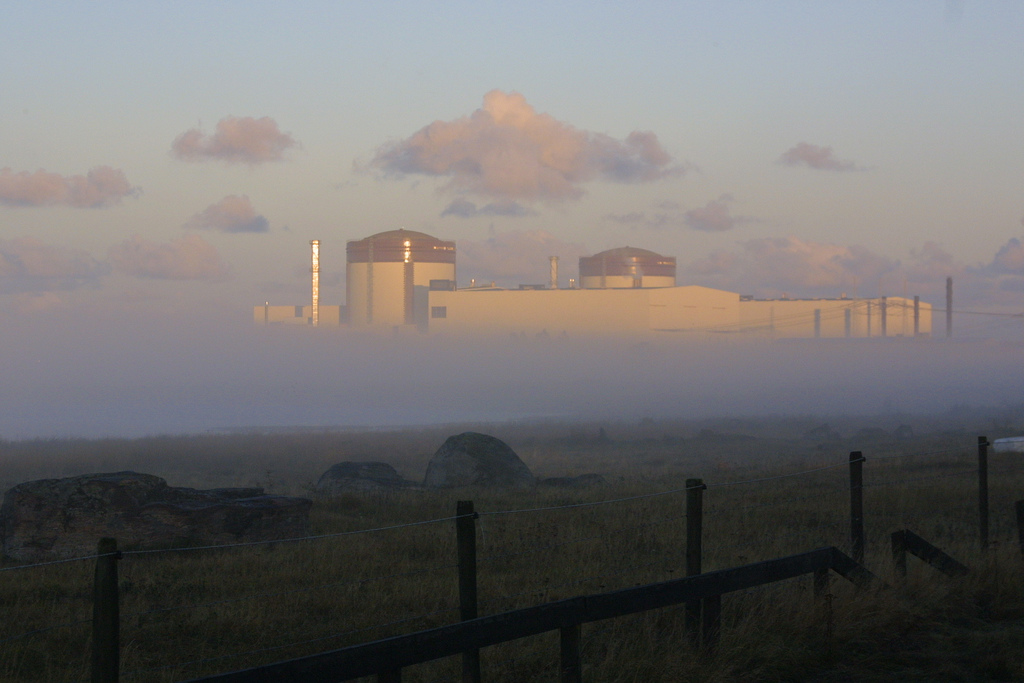Better communication between authorities and the public essential
Public engagement 2 March 2016
In March we will be discussing the impact of media coverage of major nuclear disasters, asking how this affects the image, or public perception, of the nuclear industry. New Hitchhiker, PhD student Connaugh Fallon, gets things started with a perspective on Fukushima, before and after a nuclear education.
Public perception of the nuclear industry is inevitably shaped by the media and this is never more prevalent than in the event of a nuclear disaster. The relationship between the nuclear sector and the media has historically been clouded, with the secrecy that overshadowed the infancy of the nuclear era still lingering in the minds of many. The accident at the Fukushima Diiachi nuclear power plant (NPP) in 2011 was the second greatest nuclear disaster after the explosions at the Chernobyl NPP in 1987, with both of these occurrences being rated as level 7 (the highest) on the International Nuclear Event Scale (INES).1 Whilst there are many crossovers between these two incidents, there is a notable evolution in how the news was conveyed to the public. Following the accident at Chernobyl, the chief source of information was the mainstream media in television and print. However, the political climate of the age and the controlled press in the USSR resulted in delayed and distorted information, leading to a great level of uncertainty and mistrust.2
Conversely, the Fukushima disaster occurring 24 years later received mass media coverage, with a vast amount of information being uploaded and shared through the internet and social media. More traditional forms of journalism also intensively covered the disaster, with attempts to inform the public on the extent of radiation leakage and the threat this may pose to the general public. Indeed, many broadcasts featured an interview with a scientific expert and talks with local residents about their experience on the ground.3 From a personal standpoint I believed the coverage to have been thorough and instructive, but frightening.

Since starting a PhD in radiochemistry research, many years after Fukushima, I’ve noticed the enigmatic view of nuclear I used to have falling away. Although it’s been said many times before, this boils down to personal understanding. I notice myself becoming more critical of nuclear in the media and the messages they portray, because I myself am more well informed about the processes involved and the dangers posed. It seems obvious to me that having clear lines of communication between authorities and the public is essential for the development of the nuclear industry and whilst the media coverage of the Fukushima disaster shows a progressive change, i.e. more interviews with leading scientists, many corners of the media, and perhaps most corners of the internet, are where the challenges in ensuring that information is reliable and clear remain.
References
1 http://www-ns.iaea.org/tech-areas/emergency/ines.asp
2 S. M. Friedman, Bull. At. Sci., 2011, 67, 55–65.
3 N. Imtihani and Y. Mariko, Procedia Environ. Sci., 2013, 17, 938–946.


My pet kestrel has ate enriched uranium and I don’t know what to do?
Sorry to hear that, any developments on the kestrel’s health? I can’t imagine consuming a lot of any heavy metal is too good for such a small creature.
Excellently detailed piece, great work on the personal input too, really resonates with readers both experienced in this field and otherwise – looking forward to seeing more from you 🙂
Wonderfully written article, Connaugh. A excellent and thought-provoking read.
I really enjoyed the read. The difference in the media reports over time is well written and your report highlights this. I too now feel better informed. A Fallon
An interesting read. I wonder if the media themselves were less informed back in the 80’s because ‘nuclear’ was a dirty word, and experts in the field would not disclose detail. I remember a lot of paranoia and fear about a nuclear attack in the mid 80’s. The media really did incite fear into us. Was the media less informed and naive or deliberately fear-mongering? Here’s to an honest, open account of this widely unknown field.
The media is selling a product that is primarily entertainment. A fearful story sells a lot better than just the facts therefore the media are much more likely to select and discuss the issues with “scientists” that project the worst case scenario. The same applies in all three events. The scary stories out-weighed the “no expected harm” stories by large margin. 2011 just had a larger media and number of stories. I don’t know of any media that provided a balanced number of stories for each potential outcome.
Thanks for the interesting comment. Seems to me we need better news outlets. If only we has our best philosophers employed to deliver the news, backed by unbiased academic experts… Until then we’ll just have to visit the Hitchhikers Guide to Nuclear.